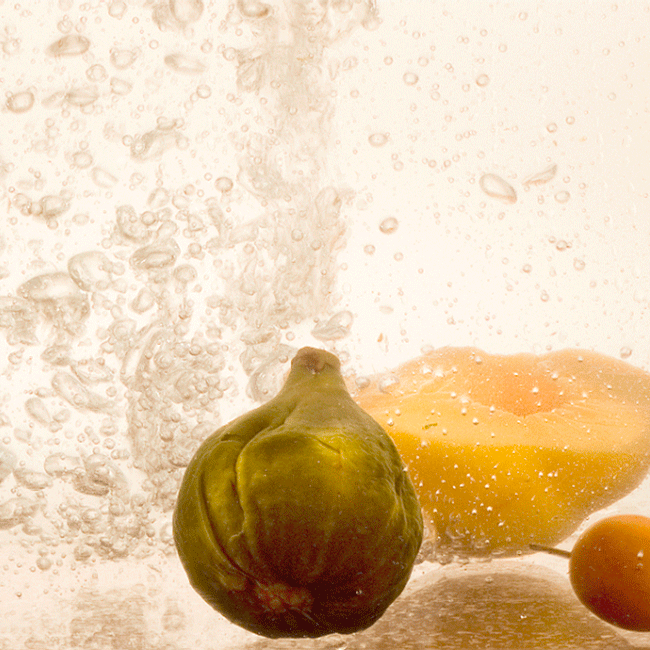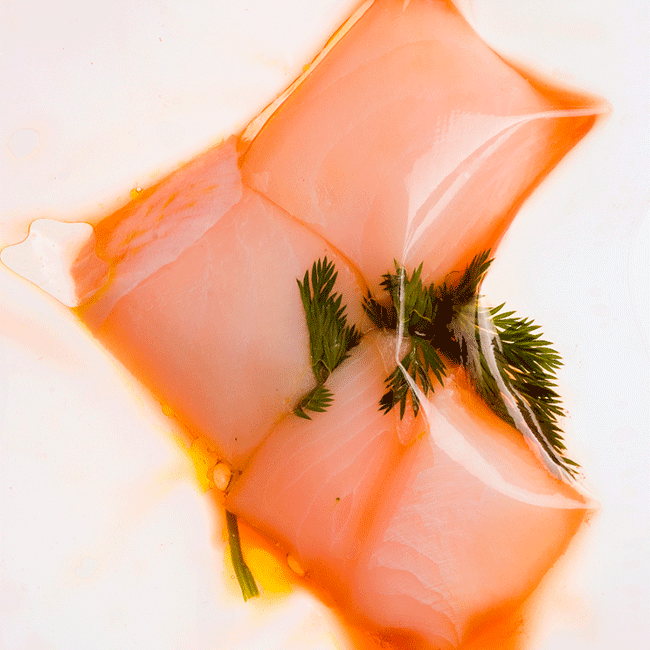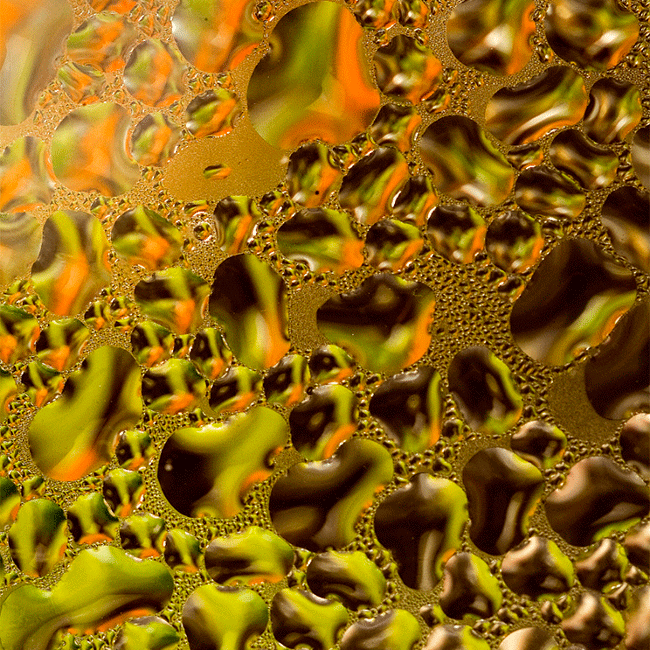When you hear the words “Spanish food” and “innovation,” you inevitably think of Ferran Adrià’s molecular gastronomy movement or the many extraordinary restaurants in Spain whose imaginative dishes ensure that they appear on the “best” lists around the world.
Rarely do you think about the dedicated scientists at research centers across the country, together with local companies, working on ambitious food-related projects with a national, regional and even global impact in diverse areas like climate change, sustainability and nutrition.
An innovative product for sugar-free foods
A team of researchers at the Institute for Food Science Research (CIAL), comprised of professionals from the Spanish National Research Council and the Autonomous University of Madrid, has found a way to use sunflower byproducts as a source of pectins, which can be used in several different applications within the food industry. The idea is to use this new ingredient in the production of sugar-free products.
Pectins are popular because they’re considered to be a “safe additive” with no limits as far as consumption goes. As a result, interest in this additive has increased notably in recent years, with several other industries incorporating it into their products.
The team at CIAL has been able to obtain pectins from components of sunflowers discarded by oil producers. As they are low methoxy, they can form gels with little to no sugar. Even better, this soluble fiber can also help strengthen the immune system and reduce the amount of glucose and cholesterol in the blood, according to health professionals.
Reusing agricultural residues

.png.transform/rendition-xs/image_image%20(1).png)







